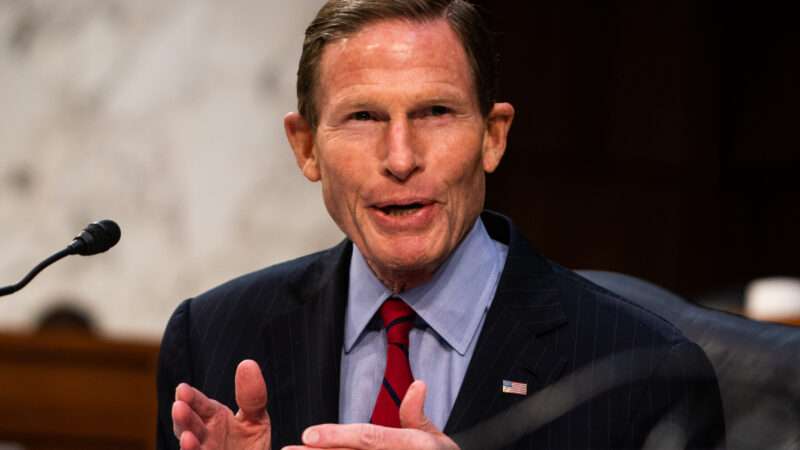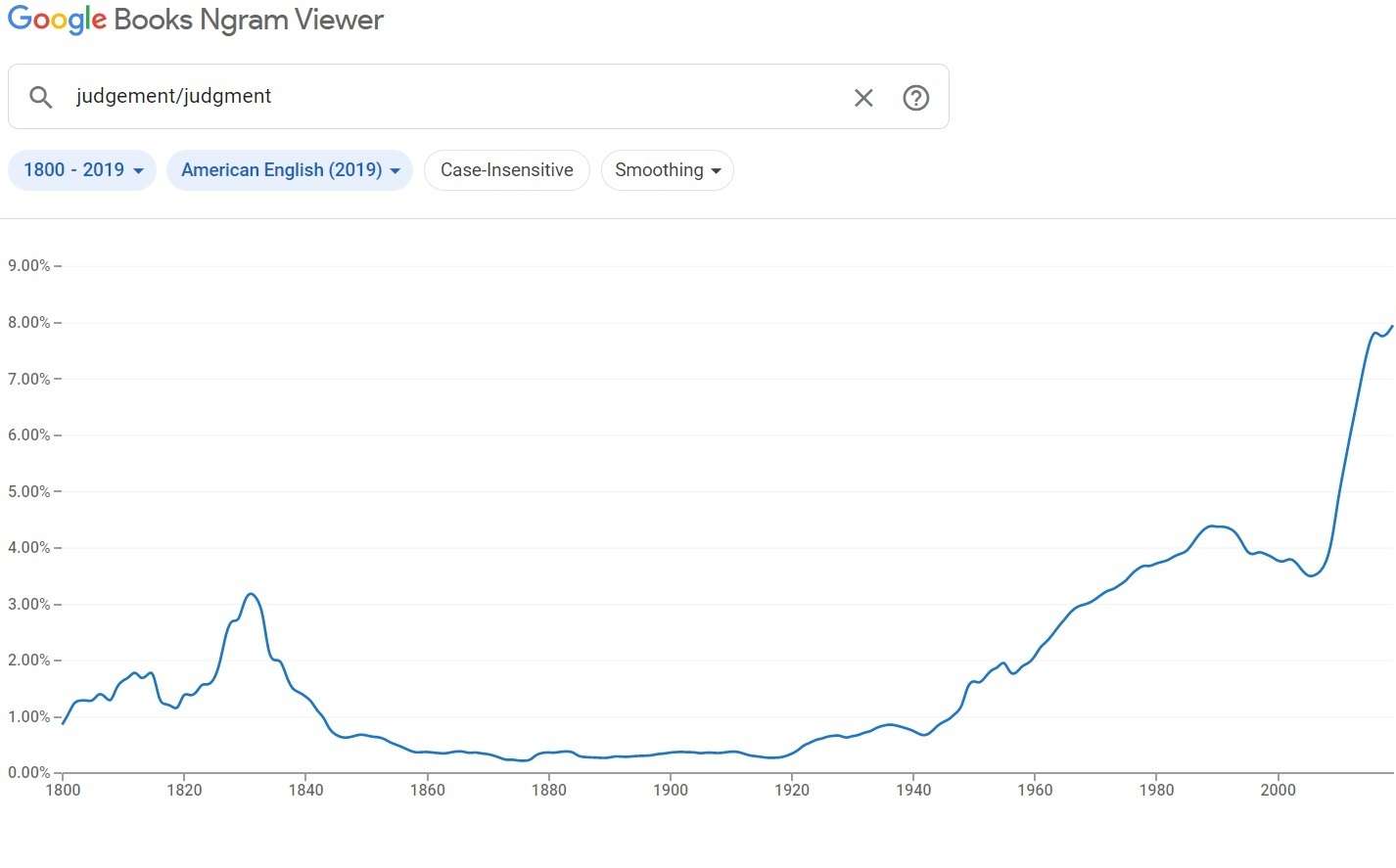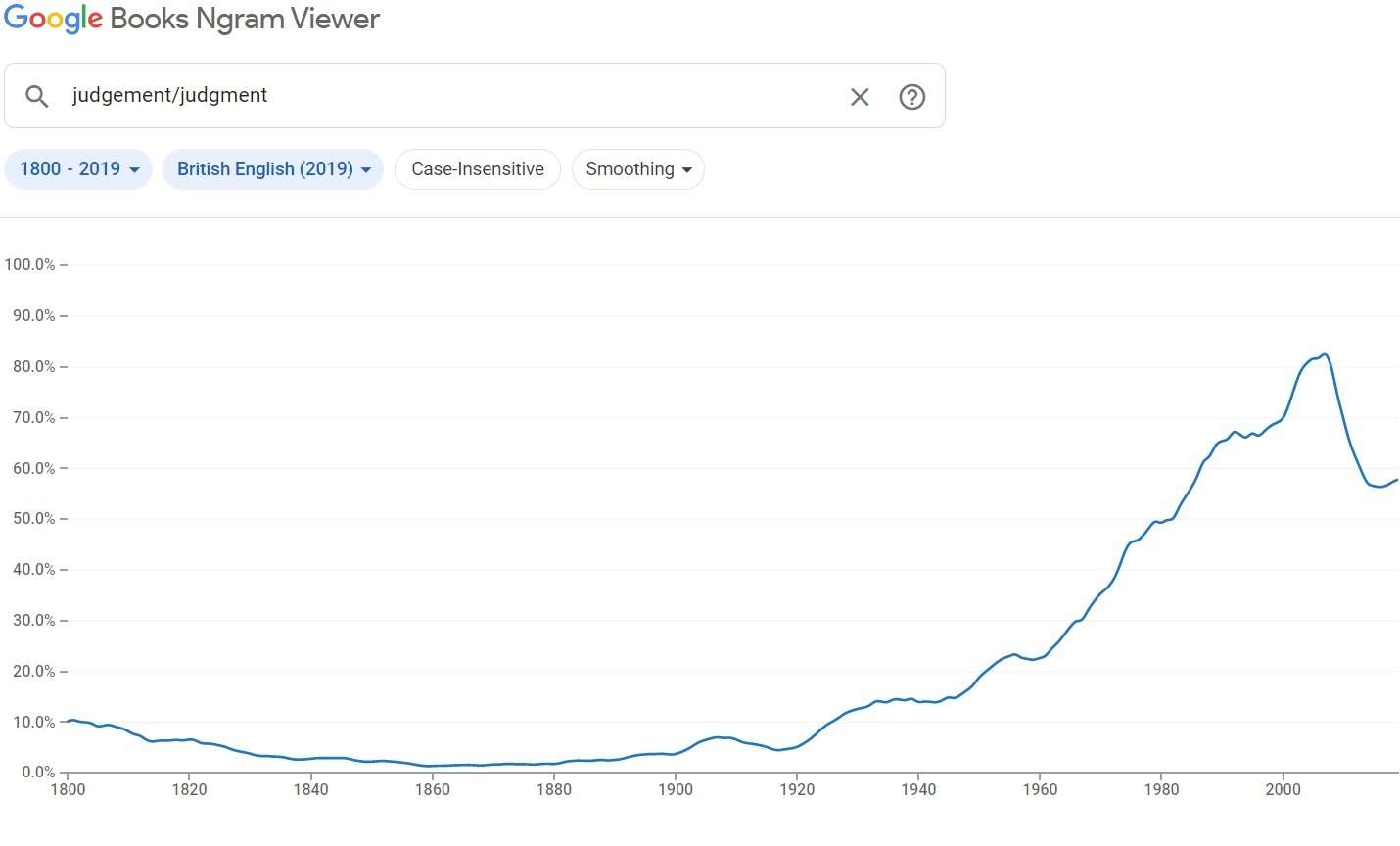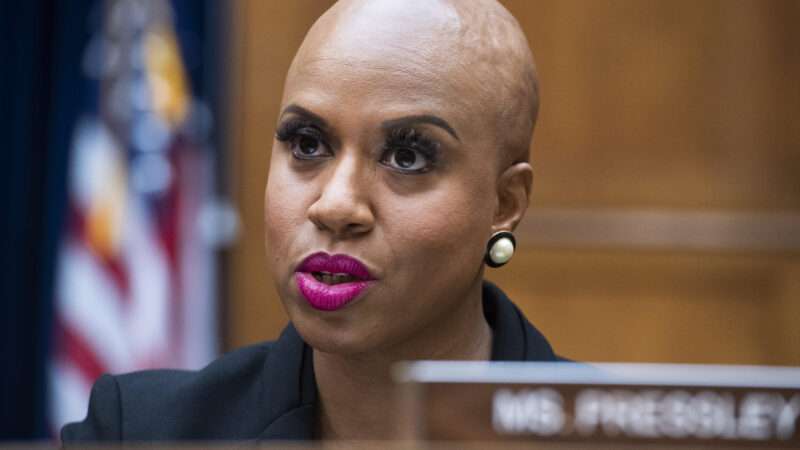
Are you sitting down? Well, maybe you shouldn’t be, given the risks posed by America’s stock of dangerously unregulated furniture. A new bill in Congress aims to prevent deaths from tipped-over dressers.
“The furniture industry has been allowed to self-regulate for too long—and with tragic consequences, as a child is injured by tipped furniture every 17 minutes,” said Sen. Richard Blumenthal (D–Conn.) in a press release promoting the Stop Tip-overs of Unstable, Risky Dressers on Youth (STURDY) Act. “As kids spend more time at home due to the pandemic, unanchored or top-heavy furniture poses a greater than ever risk.”
Sens. Blumenthal, Bob Casey (D–Penn.), and Amy Klobuchar (D–Minn.) introduced the STURDY Act last Thursday. The legislation would require the federal Consumer Product Safety Commission (CPSC) to develop more rigorous standards for dressers and other free-standing “clothing storage units” to prevent them from tipping over.
Deaths from falling furniture have attracted increased attention recently. According to the CPSC, which has released a series of reports on these incidents, 571 people, including 451 children, have died in the last 20 years from accidents involving unstable TVs, furniture, and appliances.
Most of these fatalities involved either falling TVs or falling furniture. Incidents involving only a tipped-over dresser or bureau, the subject of the STURDY Act, have produced 115 deaths in two decades.
“The nation’s furniture tip-over epidemic is particularly insidious because the danger is all around us, inside our homes—unless parents, grandparents, and other caregivers use special kits to strap or anchor furniture to wall,” wrote Consumer Reports in its 2018 investigation of the topic.
In that investigation, Consumer Reports conducted tip-over tests on 17 commercially available dressers. They found that nine of these dressers could fall over when a 50-pound weight was hung from the open top drawer. Only five dressers managed to withstand a 60-pound weight being hung from an open top drawer. (The idea was to simulate a child pulling on the front of a dresser.)
Blumenthal’s bill would require dressers and other “clothing storage units” to undergo similar simulations of a 60-pound child pulling on the dresser, as well as other real-world uses that could result in tip-over. It would also require new warning requirements to inform consumers of the danger of these collapsing cabinets.
The STURDY Act was first introduced in 2019. It passed the House but never made it through the Senate.
That same year ASTM International, an organization that develops voluntary technical standards for testing materials and products, revised its dresser stability standard to cover clothing storage units as short as 27 inches. The old standards covered only dressers that were 30 inches or taller.
The American Home Furnishings Alliance (AHFA) has raised a number of issues with the STURDY Act, saying the vague language in the bill would give furniture makers and sellers no clear guidance on how to comply with the new rules. The group also suggested several amendments to the bill, including a proposal that its requirements be limited to products intended for children.
Every preventable death is a tragedy, particularly when the victim is a child. It is nevertheless worth noting that approximately five of the 50 million children in the U.S. under the age of 12 die each year from falling furniture, according to a 2020 CPSC report.
The costs of the new regulations would meanwhile be borne by millions of consumers, including those who don’t have children. Four of the five dressers that withstood Consumer Reports’ 60-pound test cost more than $500. All dressers that cost less than $100 failed the 60-pound test.
A $150, 30-inch-tall dresser from IKEA did pass the 60-pound test, prompting Consumer Reports to say this proves that “a stable, affordable dresser at this height is possible.” But if such a dresser already exists on the marketplace, regulations mandating it into existence are unnecessary. The primary effect of stricter rules would be to eliminate the cheapest products. Would safety be ill-served by allowing childless adults on a budget to continue to purchase those?
Parents concerned about rickety dressers also have the option of securing furniture to the walls with straps and furniture anchors. Since 2015, the CPSC has run an “Anchor It!” educational campaign to encourage parents to do just that. Given the rarity of deaths from wobbly wardrobes and the existence of safe, affordable alternatives, it would be wise for legislators to shelf their STURDY Act proposal.
from Latest – Reason.com https://ift.tt/3bRfv8r
via IFTTT

 I suspect that makes both standard in normal British English (I can’t speak to British legalese), much as “grey” and “gray” are both standard equivalents. But that’s only in Britain; in America, “judgment,” unusually spelled as it may be, is the dominant form, and using the spelling “judgement” is particularly likely to be seen as a mistake.
I suspect that makes both standard in normal British English (I can’t speak to British legalese), much as “grey” and “gray” are both standard equivalents. But that’s only in Britain; in America, “judgment,” unusually spelled as it may be, is the dominant form, and using the spelling “judgement” is particularly likely to be seen as a mistake.


